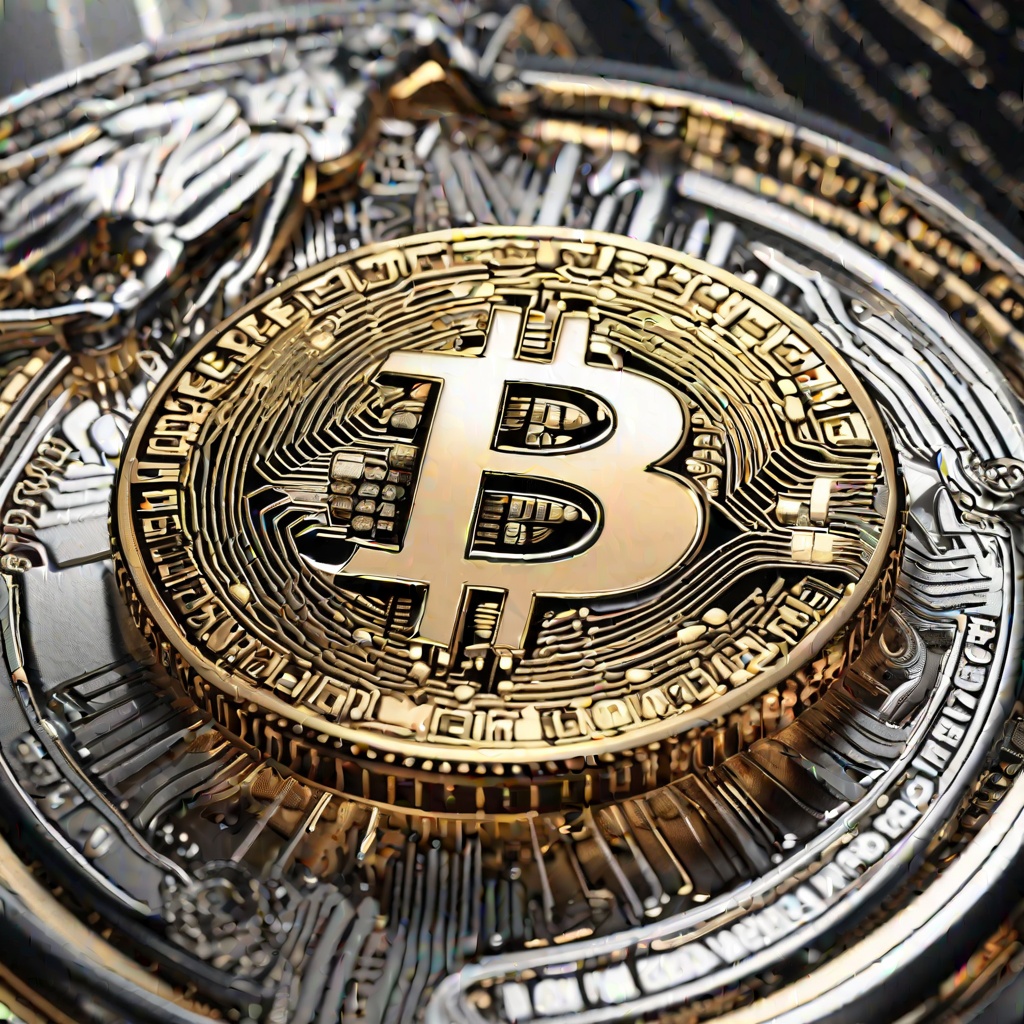Can a scam steal cryptocurrency?
Could you elaborate on the potential risks of cryptocurrency scams? Are there specific methods or techniques that scammers employ to steal digital currencies? How vulnerable are cryptocurrency investors to these schemes? And, are there any preventative measures or safety protocols that investors can adopt to protect themselves from becoming victims of fraud? Understanding these aspects is crucial in ensuring the safety and security of our digital assets.

How do you know if a cryptocurrency exchange is a scam?
In the vast and often unregulated landscape of cryptocurrencies, how does one discern whether a cryptocurrency exchange is legitimate or a potential scam? The first step in evaluating a platform's authenticity is to research its background and reputation. Scrutinize user reviews, both positive and negative, to identify any recurring patterns or concerns. Check for regulatory compliance and whether the exchange is registered with relevant authorities. Look for security measures like SSL certificates and cold storage for funds. Ensure the exchange offers transparent pricing and fees. Be wary of any exchange promising unrealistic returns or guaranteeing profits. Finally, never deposit funds into an exchange unless you're fully satisfied with its credentials and security measures.

Are cryptocurrency recovery services a scam?
Could you elaborate on the legitimacy of cryptocurrency recovery services? There seems to be a growing concern among investors regarding the authenticity of these services, claiming to retrieve lost or stolen digital currencies. With the rise of cybercrimes and hacking incidents, it's crucial to understand if these services are truly capable of restoring funds or are they just a ruse to further exploit unsuspecting victims. Would you advise proceeding with caution or is there a way to verify their credibility?

Is bitcoin system a scam?
As a cryptocurrency enthusiast and finance professional, I often encounter skepticism about the legitimacy of Bitcoin and other cryptocurrencies. One common question I hear is: "Is the Bitcoin system a scam?" This question deserves a thorough yet concise answer. Firstly, it's important to clarify that Bitcoin is a decentralized digital currency, meaning it operates without a central authority or bank. This allows for transactions to be verified and recorded in a public ledger called the blockchain, which ensures transparency and security. However, the decentralized nature of Bitcoin also means that it's vulnerable to scams and fraud. There have been numerous cases of fake Bitcoin exchanges, wallets, and investment schemes that have exploited unsuspecting users. These scams often promise high returns but end up stealing funds or providing nothing in return. So, while Bitcoin itself is not a scam, the cryptocurrency ecosystem is full of risks and potential for fraud. It's crucial to do your research, use trusted exchanges and wallets, and avoid investing in anything that seems too good to be true. In conclusion, the Bitcoin system is not inherently a scam, but users must exercise caution to avoid falling victim to scams within the ecosystem.

Is OEX a scam or safe cryptocurrency exchange?
With the proliferation of cryptocurrency exchanges, it's crucial to assess the credibility and safety of platforms like OEX. So, the question arises: Is OEX a scam or a safe cryptocurrency exchange? Well, let's delve into this. Firstly, a thorough background check is vital. Research the company's history, founders, and any legal issues. Secondly, examine the exchange's security measures. Are there robust encryption protocols? Does it have a secure wallet system? Thirdly, scrutinize its trading fees and withdrawal policies. Are they reasonable and transparent? Lastly, consider the user reviews and community sentiment. Do most users have a positive experience? By considering these aspects, one can gain a better understanding of whether OEX is a trustworthy exchange or a potential scam.

